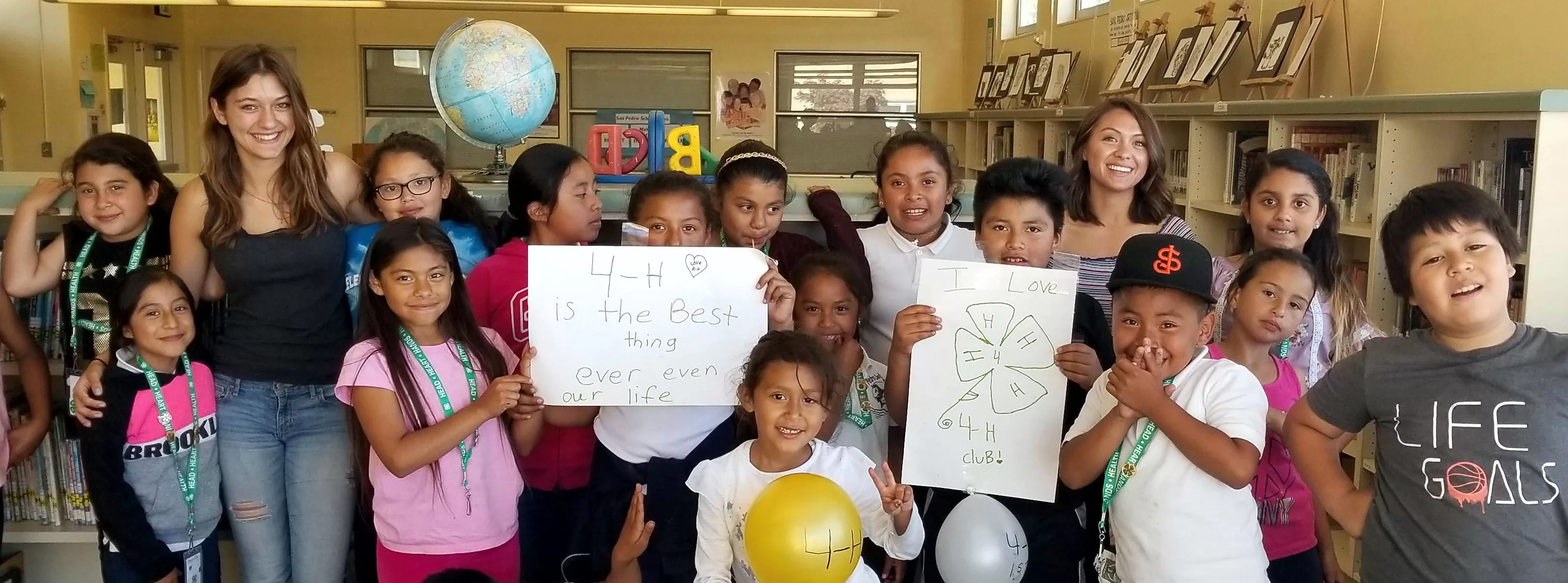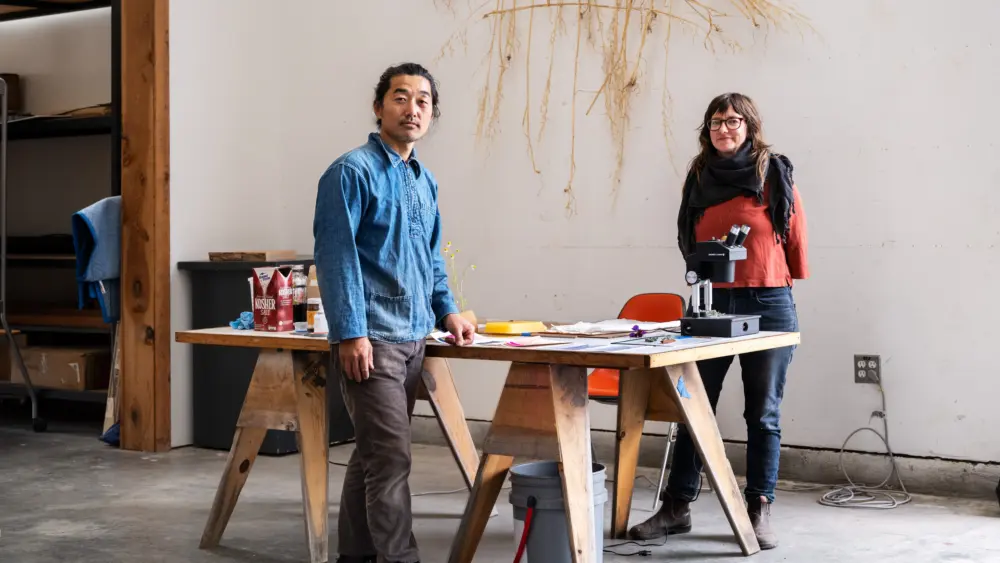
Instead of local 4-H programs being available through several regional clubs there will be a one-year pilot for a countywide 4-H program.
As part of its effort to streamline operations, Marin 4-H Club is waiving its annual enrollment fee for the first 300 youth members and the first 75 adult volunteers.
Now, instead of local 4-H programs being available through several regional clubs there will be a one-year pilot for a countywide 4-H program geared toward ages 5 to 18, according to an announcement from the County of Marin. The fee holiday is made possible through a grant from the nonprofit Mirana Luz Foundation.
Established in 1924 with its name in reference to “head, heart, hands and health,” 4-H programs aim to guide young people to get more involved with their local communities as well as assist them in skill development. According to the county announcement, “Youth 5-18 years old complete hands-on project in areas such as health, science, agriculture, STEM, and civic engagement…They will also receive guidance from adult mentors and are encouraged to take a proactive leadership roles.”
Projects are offered throughout the school year and enrollment for certain projects is still open for members. There’s also a special effort to include kids from neighborhoods that traditionally haven’t been exposed to 4-H, including from Spanish-speaking households. Local adult volunteer leaders are needed in four subjects: animal science, civic engagement, healthy living and STEM. Volunteers must be at least 18 years old.
The Marin 4-H project catalog, compiled by the Marin staff of University of California Cooperative Extension, offers information on the wide array of classes that are available for little ones including; sewing, cooking, crocheting, jam canning, dog training and raising beef cattle. The catalog also includes an events calendar and information on club meetings.
“We’re letting families know about it because it’s a place where a child can find a spark,” said 4-H regional program coordinator Diego Mariscal. For more information visit cimarin.ucanr.edu.



